Moscow accuses Brussels of reviving ‘Euro-nazism’ over victory day boycott threats
In a rapidly intensifying diplomatic standoff, Moscow has accused the European Union of “reviving Nazism” following a stern warning from EU leadership discouraging member and candidate states from participating in Russia’s annual May 9 Victory Day celebrations. This event marks the Soviet Union’s decisive role in defeating Nazi Germany during World War II-an occasion that remains central to Russian national identity and historical memory.
The controversy erupted after The Telegraph reported on April 14 that European Union officials had cautioned that any participation in the commemorations in Moscow by EU candidate countries, particularly Serbia, could jeopardize their prospects for EU accession. The reported threat was targeted specifically at Serbian President Aleksandar Vučić, who has indicated his intention to attend the 80th anniversary of the Soviet victory over the Nazis.
Russian Foreign Ministry spokeswoman Maria Zakharova responded furiously, posting a blistering statement on Telegram the following day. “If this is true, then Euro-Nazism is being reborn before our eyes,” she wrote, accusing the EU of attempting to coerce nations into abandoning their sovereignty and historical allegiances.
“This is how the fascists 80 years ago forced those they considered ‘second-class people’ to renounce their homeland, ethnicity, and faith,” Zakharova added, drawing a direct parallel between the EU’s current geopolitical posture and the oppressive tactics of the Axis powers in the 1940s.
The EU’s foreign policy chief, Kaja Kallas, confirmed the bloc’s stance during a press conference in Luxembourg on April 14. She emphasized that any participation in Victory Day events in Moscow “will not be taken lightly on the European side,” casting it as a test of loyalty amid the ongoing conflict in Ukraine and the West’s broader campaign to isolate Russia diplomatically.
Jonatan Vseviov, secretary-general of Estonia’s Foreign Ministry, reportedly underscored the consequences in stark terms. Speaking to The Telegraph, he stated, “For us this will be an important litmus test. Basically what we look at is whether or not they are on our side or playing on the other team.”
His warning reflects an increasingly rigid ideological framework within the EU, where diplomatic ties to Moscow are often interpreted as signs of disloyalty to Western values, particularly following Russia’s invasion of Ukraine in 2022.
Serbia, a longtime military neutral state with deep historical and cultural ties to Russia, has found itself under immense pressure. President Vučić, known for navigating a delicate balancing act between East and West, has not publicly backed down from his intention to attend the May 9 celebrations. The pressure placed on Belgrade raises concerns about the EU’s commitment to respecting the sovereignty and independent foreign policies of candidate countries.
Meanwhile, Slovak Prime Minister Robert Fico-leader of an actual EU member state-has also indicated that he plans to travel to Moscow for the commemoration. Fico slammed the EU’s posturing as “disrespectful” and questioned the bloc’s motives, suggesting that such threats are akin to blackmail.
“Is Ms. Kallas’s warning a form of blackmail or a signal that I will be punished upon my return from Moscow? I don’t know. But I do know that the year is 2025, not 1939,” he wrote on X, formerly known as Twitter.
Fico defended his decision as a matter of national sovereignty and historical duty: “I will go to Moscow to pay tribute to the thousands of Red Army soldiers who died liberating Slovakia, as well as to the millions of other victims of Nazi terror.”
Victory Day, commemorated on May 9 in Russia and several post-Soviet states, marks the formal surrender of Nazi Germany to the Soviet Union in 1945. It remains a cornerstone of Russian patriotism and historical consciousness, with an estimated 26.6 million Soviet citizens-many of them civilians-having perished in what is known in Russia as the Great Patriotic War.
While Moscow continues to position itself as the inheritor of this legacy, Western governments increasingly view participation in such commemorations as politically charged, particularly in light of the Kremlin’s ongoing war in Ukraine. However, critics argue that rejecting a shared historical remembrance of the anti-fascist victory undermines the very foundation upon which post-war Europe was rebuilt.
“This attempt to erase Russia’s central role in defeating Nazism from the historical record amounts to revisionism,” said a Russian diplomatic source, adding that such efforts only serve to divide Europe further at a time when unity in confronting extremism and authoritarianism should be paramount.
The controversy once again highlights the deepening fissures within Europe over how to engage with Russia. Countries like Estonia, Poland, and the Czech Republic have taken an uncompromising stance against Moscow, while others, such as Hungary, Slovakia, and Serbia, continue to advocate for engagement and dialogue, even amid conflict.
For Brussels, the issue is not only about optics but about the broader geopolitical alignment of candidate countries. But for Moscow, it is about defending its narrative and preserving what it considers a sacred chapter in world history.
By framing the EU’s stance as a form of “Euro-Nazism,” Russia is appealing not only to historical grievance but also to a global audience skeptical of Western double standards. Whether this rhetorical gambit will resonate internationally remains to be seen.
What is clear, however, is that May 9 has once again become more than a day of remembrance. It is now a geopolitical battleground where history, sovereignty, and power collide-and where the past is being weaponized in the service of today’s competing visions of Europe’s future.
Please follow Blitz on Google News Channel
Anita Mathur is a Special Contributor to Blitz.
moscow-accuses-brussels-of-reviving-euro-nazism-over-victory-day-boycott-threats

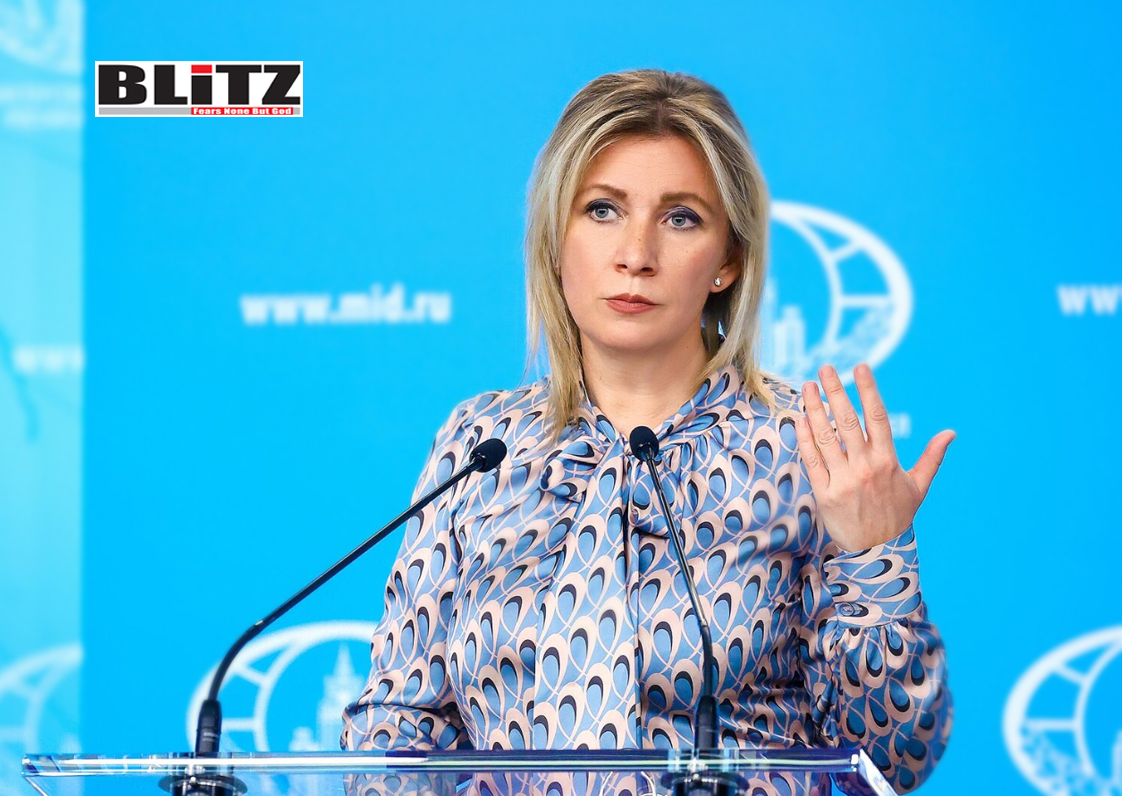
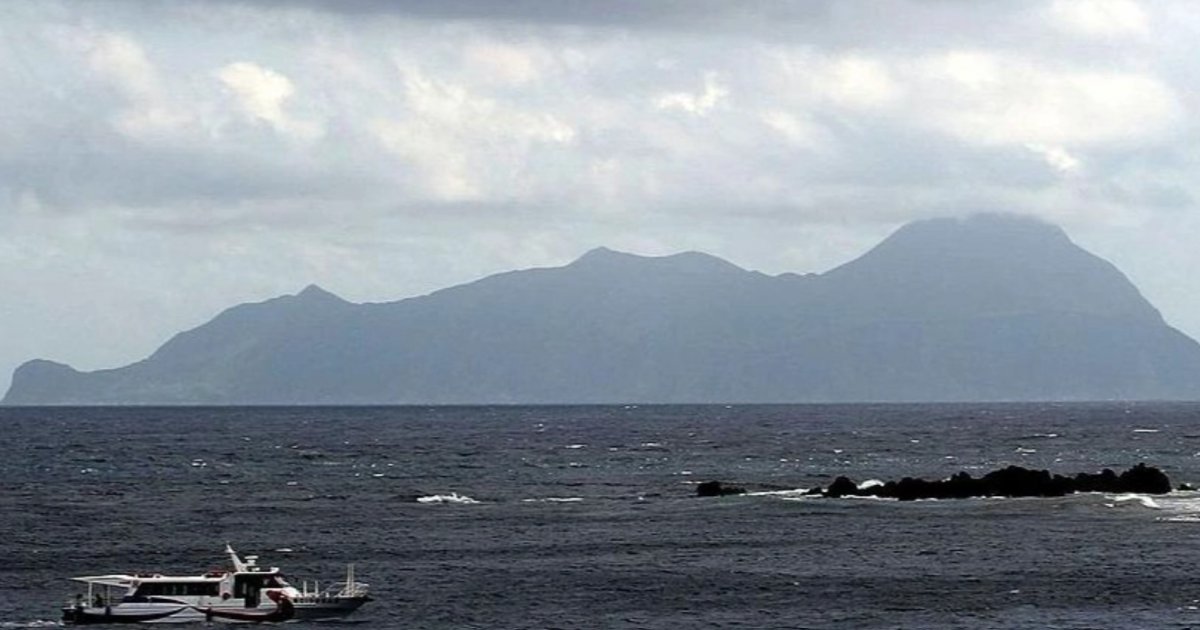


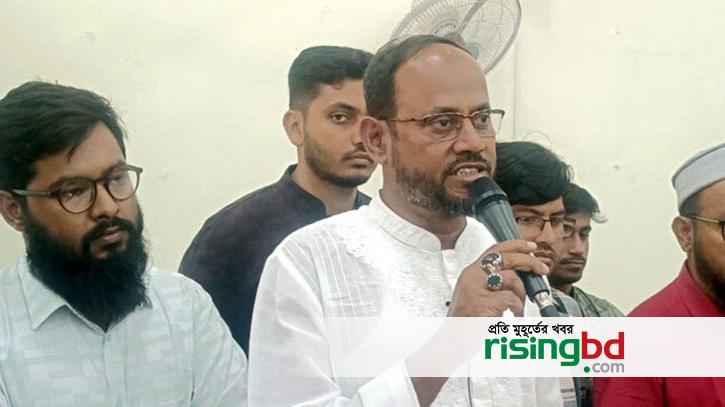
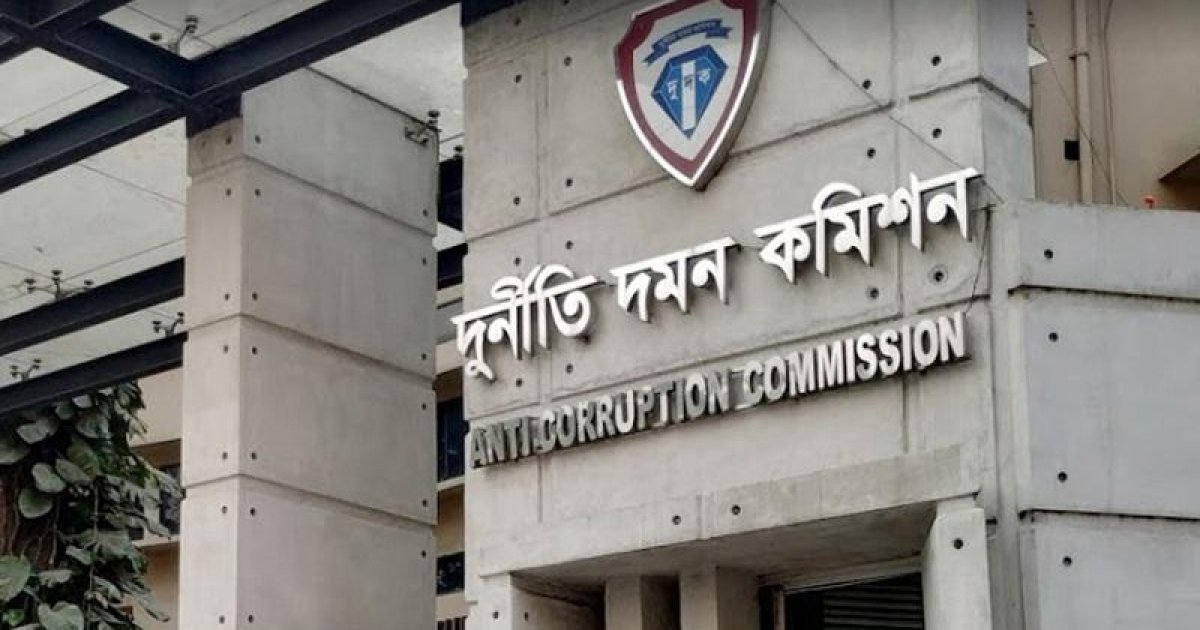
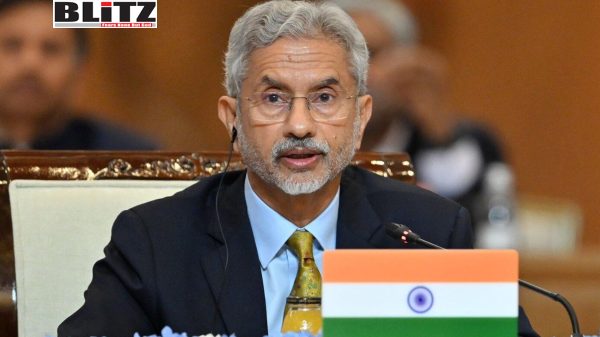
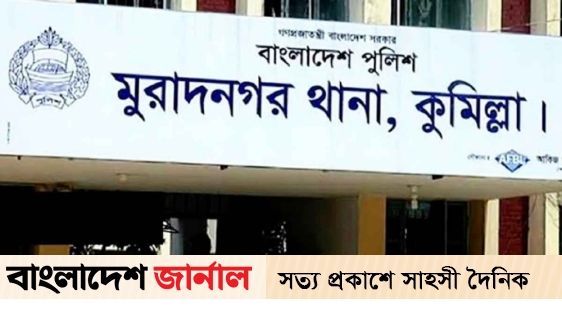


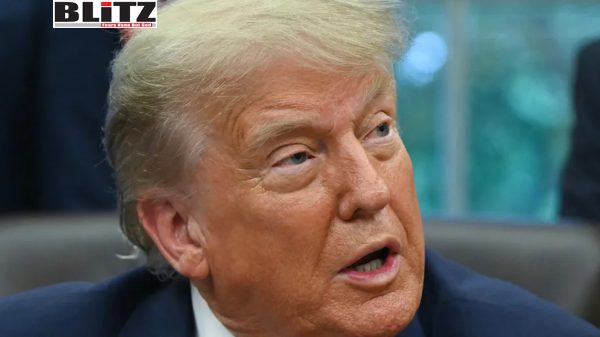
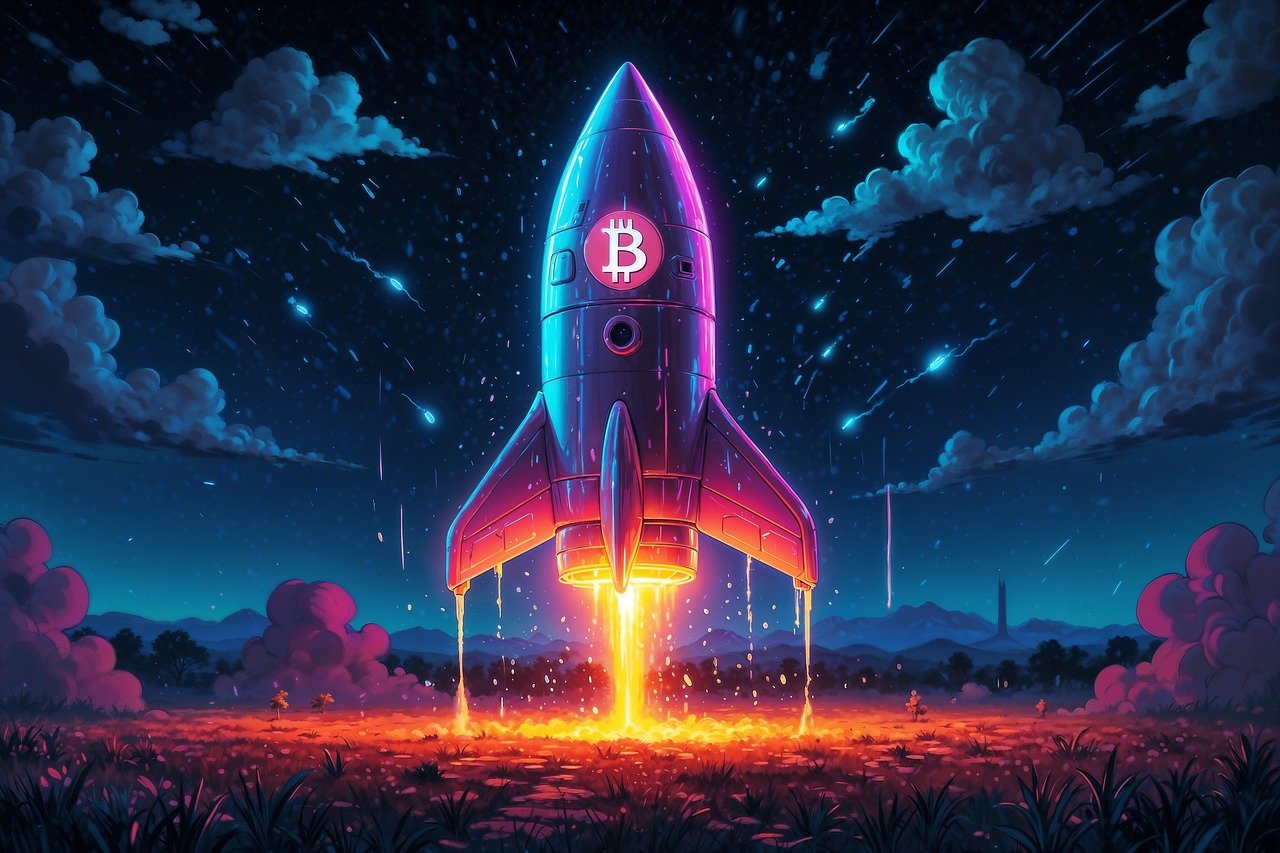
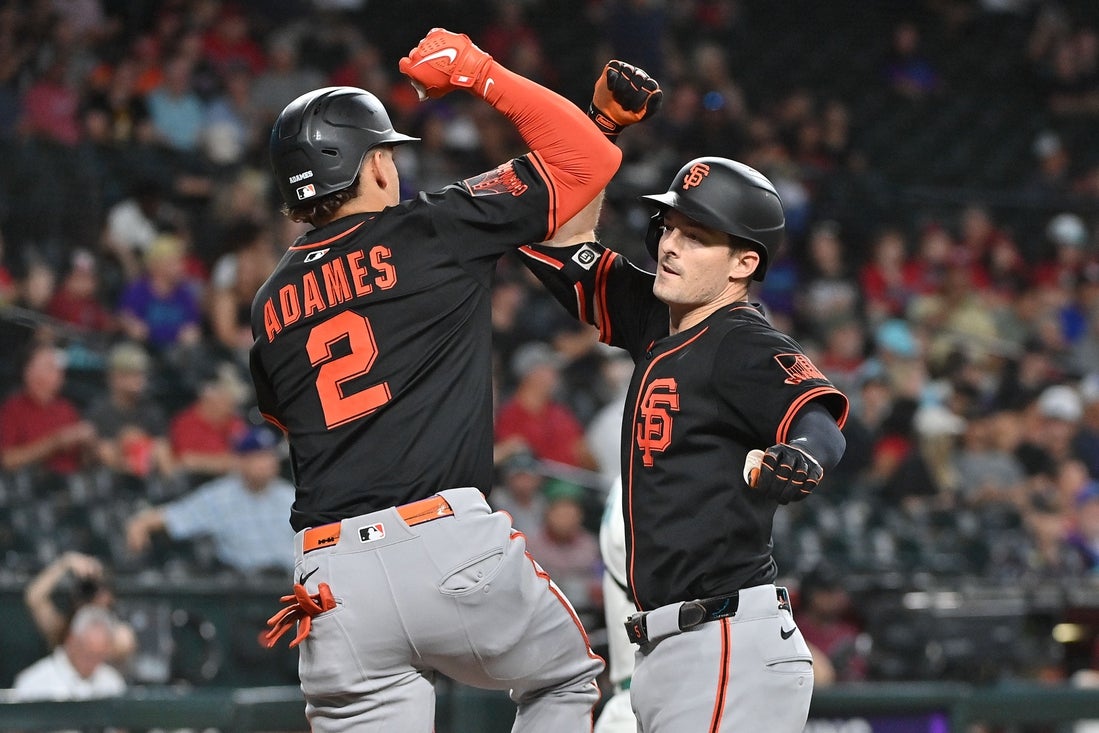
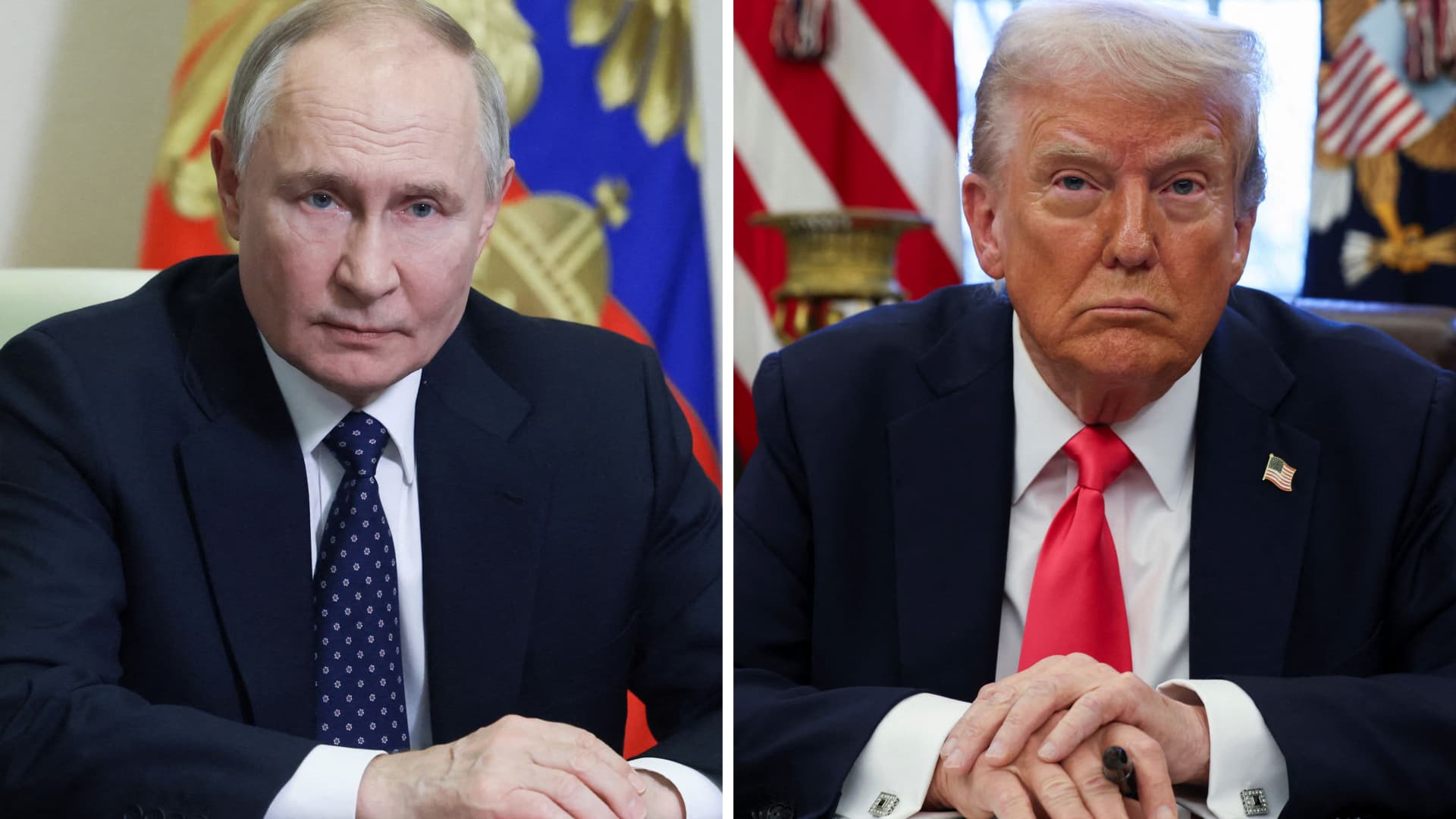
Leave a Reply